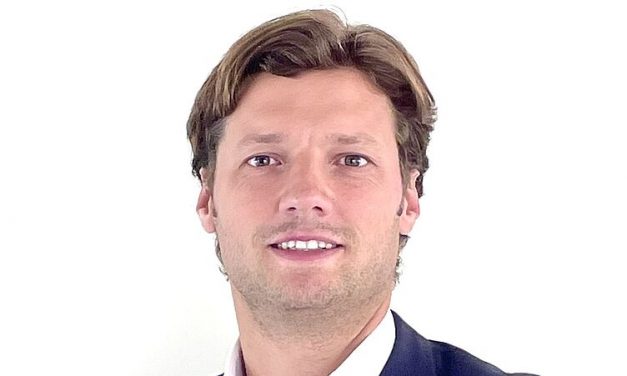CIM: Mr Nijenhuis, do we need to rethink event venues?
Viktor Nijenhuis: Since the pandemic, there has been a huge transformation in the planning and organisation of events. Right from the outset, we saw that there was a necessity to run virtual events. The quality of these events has improved tremendously within a very short period of time. Some of the additional benefits of online events have also come to light: exceptional amounts of data captured (something that is very difficult to match with live events), cost efficiency and greater reach. Nevertheless, I am convinced that we’ll return to live events again. However, a number of important lessons will have to be learned in order to demonstrate the value of live events. I believe they will end up as hybrid events that incorporate online elements. Personalisation and visitor orientation will become increasingly important. The result will be a journey in which interaction, networking and knowledge transfer will be optimised.
At some events, face-to-face contact is particularly important. Examples of these would be trade fairs or sales events in certain industries where personal contact is essential. Consequently, these events will soon flourish again in the same way that they did before the pandemic, but it is important that they offer the right conditions for these new developments. A safe environment is the top priority. Provided the currently required safety measures are put in place, I believe it will be safe to stage business events.
What do event organisers currently require in terms of creative spaces?
Temporary spaces at event venues should be available in different sizes so that the visitors can maintain social distancing where necessary. They need to have good acoustics, keep noise out and offer private spaces so that presentations can be held concurrently in adjacent workshop rooms. It is also important that they are ventilated to optimum effect and contribute to sustainability. Our temporary rooms meet these requirements. They can also be set up and taken down very quickly, which saves a lot of time and helps event venues to increase their profits.
To what extent have these requirements changed since the pandemic?
In particular, requirements around safety have changed. Consider how zones are created at an event: with our temporary rooms and walls, we can prevent different groups from coming into contact, for example. When workshops are held, the groups of participants generally remain in the same workshop rooms, and the speakers are the ones that go from room to room. This minimises the movement of the groups and allows the size of the groups to be kept under control. Ventilation has also become more important. Our temporary rooms are designed to provide the best possible ventilation. Sustainability is increasingly becoming a key concept in event organisation. Just look at how the awareness of climate change has grown in recent years. Customers now set strict conditions, and event venues are selected based on sustainability criteria. That is a fantastic development, to which we at QuickSpace want to contribute.
What constitutes the event venue of the future for you?
The profitable event venue of the future will have to respond to the changing requirements of event organisers. It will be aware of its unique value and its strengths, which might be its location, ambience, size or facilities. These will be adapted to suit different events and will contribute to an unmistakable offering and a unique identity. Event venues will have to be increasingly flexible and cost efficient to ensure that live events provide value, make a profit and establish their position compared to other forms of events, which may be online.
Many thanks for the interview, Mr Nijenhuis. Johanna Müdicken






















